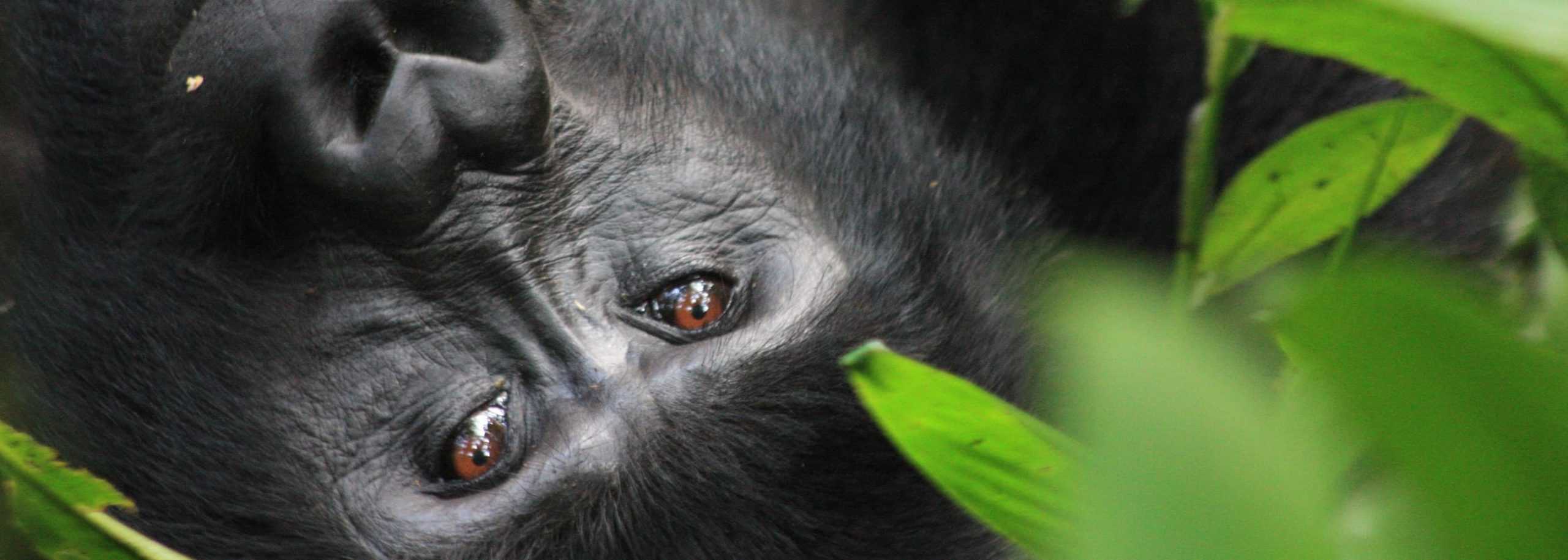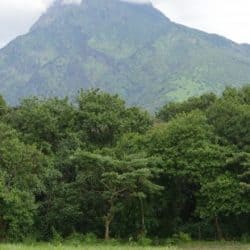Gorillas Likely to Get a Boost as Rangers Return
News | 8/07/09
Gorillas in the Democratic Republic of Congo’s Virunga National Park have been given a boost as up to 70 rangers have returned to their posts, with the intention of resuming monitoring activities. The rangers were forced to flee in October 2008 when intense fighting in the area’s civil conflict broke out, leading to the capture of Virunga National Park’s headquarters near Rumangabo. Since then, IGCP has been working with its Congo government partner ICCN (Congolese Institute for Nature Conservation) and Park authorities to support the rangers and work towards a resolution allowing renewed access to the area’s gorilla population. Negotiations with General Laurent Nkunda, whose forces control the Mikeno sector where the gorillas live, and other Park stakeholders led to the breakthrough, with monitoring to resume imminently. The gorillas’ health and well-being has been unknown for several weeks, as rangers have not been able to enter the Park.
An IGCP meeting with representatives of Nkunda’s militia, the CNDP, on Friday, November 14th was followed by additional meetings between IGCP, ICCN and the CNDP the following week, leading to this unprecedented agreement. With negotiations for peace in the region under way and Nkunda’s forces pulling back to some positions held before the current flare up, a clear, albeit fragile, path has now opened for rangers eager to get back to their posts. IGCP has pledged continuous support for our Park partners, and will work towards building ranger staffing and monitoring activities back up to full strength. Virunga National Park Director Emmanuel de Merode has also worked in concert with IGCP throughout the process, and stepped in to join IGCP staff in personally accompanying the returning rangers on their journey back to headquarters.
Activities in the National Park’s dense forests due to the conflict and displaced people still, however, greatly threaten the gorillas. With Park headquarters’ five building sites slowly being filled again with staff and equipment, there is a renewed hope for a strong gorilla conservation imperative. While the conflict remains volatile, a large contingent of rangers returning to their everyday duties can act as a beacon of promise for the area’s weary population, both gorilla and human.



